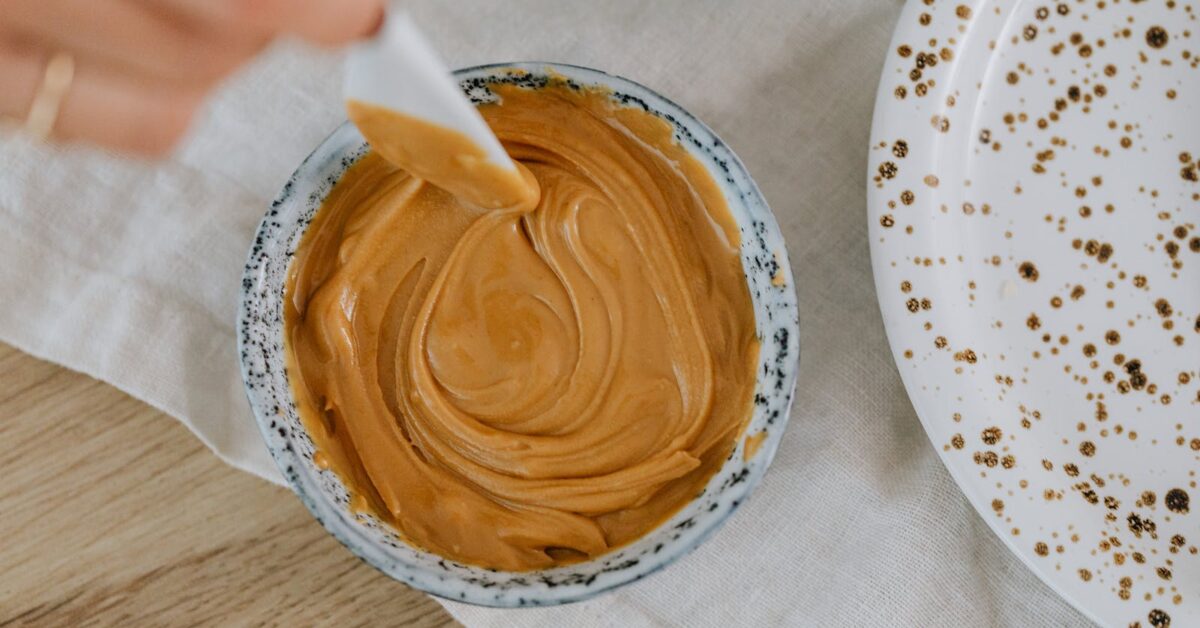Is Wine Keto?
When following a ketogenic diet, it is essential to carefully consider the foods and beverages you consume. The ketogenic diet is a low-carb, high-fat diet that aims to put your body into a state of ketosis, where it burns fat for fuel instead of carbohydrates. One common question that arises is whether wine is keto-friendly. In this article, we will explore the impact of wine on ketosis and discuss whether it can be included in a ketogenic diet.
Understanding the Ketogenic Diet
The ketogenic diet is based on the principle of drastically reducing carbohydrate intake and increasing fat consumption. By doing so, the body enters a metabolic state called ketosis, where it starts using stored fat as its primary source of energy. This shift in metabolism can lead to weight loss and other health benefits.
The Carbohydrate Content of Wine
Carbohydrates are the primary macronutrient that needs to be limited on a ketogenic diet. Wine, like other alcoholic beverages, contains carbohydrates. However, the carbohydrate content can vary depending on the type of wine and the serving size. Generally, dry wines have fewer carbohydrates compared to sweet or dessert wines.
Here is a breakdown of the approximate carbohydrate content in a 5-ounce (148 ml) serving of different types of wine:
- Red Wine: 3-4 grams of carbohydrates
- White Wine: 3-4 grams of carbohydrates
- Rosé Wine: 3-4 grams of carbohydrates
- Sparkling Wine: 3-4 grams of carbohydrates
- Sweet/Dessert Wine: 10-20 grams of carbohydrates
Effects of Wine on Ketosis
While wine does contain carbohydrates, moderate consumption is unlikely to kick you out of ketosis. The key is to be mindful of your overall carbohydrate intake and choose dry wines with lower carbohydrate content. Dry wines, such as Cabernet Sauvignon, Pinot Noir, and Sauvignon Blanc, are generally the best options for those following a ketogenic diet.
It is important to note that alcohol is metabolized differently in the body compared to other macronutrients. When you consume alcohol, your body prioritizes metabolizing it before other energy sources, including fat. This means that while your body is processing the alcohol, it temporarily pauses fat burning. However, once the alcohol is metabolized, your body will resume burning fat for fuel.
Tips for Including Wine in a Ketogenic Diet
If you enjoy wine and want to include it in your ketogenic diet, here are some tips to keep in mind:
- Choose dry wines with lower carbohydrate content.
- Stick to moderate consumption. Excessive alcohol intake can hinder weight loss and have negative health effects.
- Track your carbohydrate intake from wine and adjust your overall daily intake accordingly.
- Consider the impact of alcohol on your body and how it may affect your progress on the ketogenic diet.
Conclusion
While wine does contain carbohydrates, it is possible to include it in a ketogenic diet if consumed in moderation and with careful consideration of its carbohydrate content. Dry wines with lower carbohydrate content are the best options for those following a ketogenic lifestyle. As with any dietary choice, it is important to listen to your body and monitor how wine consumption affects your progress and overall well-being.
